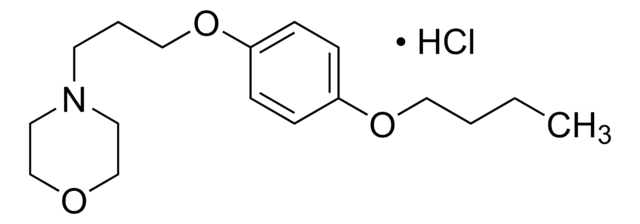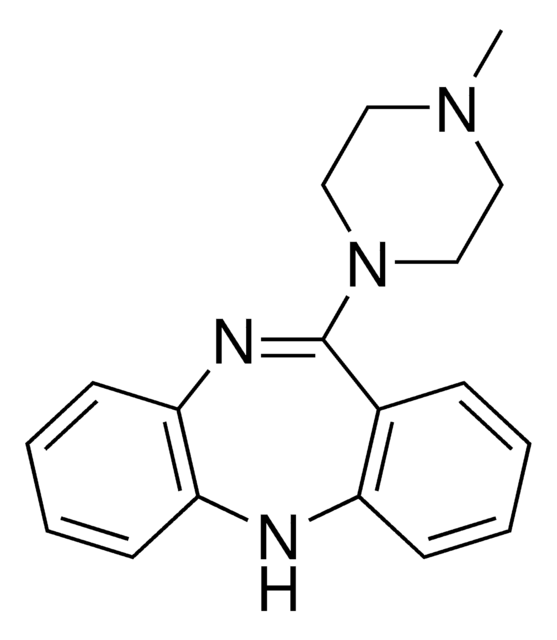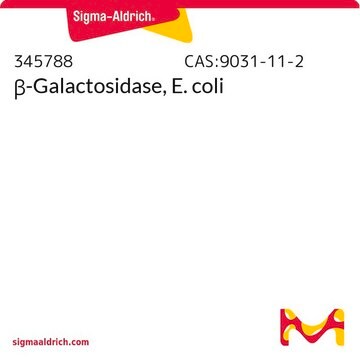P9422
Pramoxine hydrochloride
analytical standard, ≥98%
Synonym(s):
4-[3-(4-Butoxyphenoxy)propyl]morpholine hydrochloride
About This Item
Recommended Products
grade
analytical standard
Quality Level
Assay
≥98%
technique(s)
HPLC: suitable
gas chromatography (GC): suitable
application(s)
forensics and toxicology
pharmaceutical (small molecule)
format
neat
SMILES string
Cl.CCCCOc1ccc(OCCCN2CCOCC2)cc1
InChI
1S/C17H27NO3.ClH/c1-2-3-12-20-16-5-7-17(8-6-16)21-13-4-9-18-10-14-19-15-11-18;/h5-8H,2-4,9-15H2,1H3;1H
InChI key
SYCBXBCPLUFJID-UHFFFAOYSA-N
Looking for similar products? Visit Product Comparison Guide
General description
Application
Biochem/physiol Actions
Signal Word
Warning
Hazard Statements
Precautionary Statements
Hazard Classifications
Acute Tox. 4 Oral - Eye Irrit. 2 - Skin Irrit. 2 - STOT SE 3
Target Organs
Respiratory system
Storage Class Code
11 - Combustible Solids
WGK
WGK 3
Personal Protective Equipment
Choose from one of the most recent versions:
Already Own This Product?
Find documentation for the products that you have recently purchased in the Document Library.
Our team of scientists has experience in all areas of research including Life Science, Material Science, Chemical Synthesis, Chromatography, Analytical and many others.
Contact Technical Service








